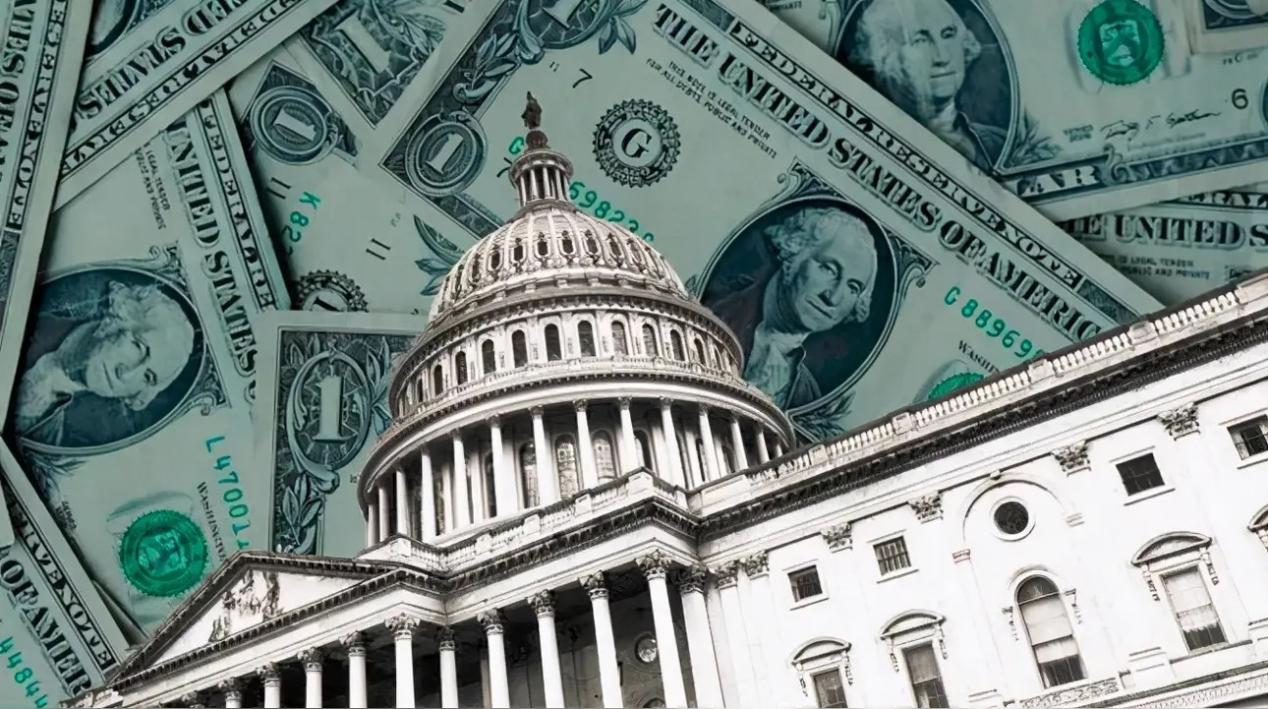
In today's increasingly globalized world, international economic and trade relations have become one of the key factors affecting the economic development and social stability of various countries. Recently, the economic and trade friction between China and the United States has escalated again. China has taken a series of countermeasures against the United States, and Canada has followed suit by imposing retaliatory tariffs on the United States. This series of events not only intensified the tense relationship between China and the United States, but also had a profound impact on the global economic landscape.
Faced with the escalating trade protectionism policies of the United States, China has taken resolute countermeasures. The Ministry of Commerce has released a series of export controls and unreliable entity lists targeting US entities, while announcing the imposition of tariffs on some US imported goods. These measures are not only a direct response to US trade bullying, but also a necessary means for China to safeguard its own interests and dignity.
From an economic perspective, China's countermeasures will have a certain impact on the relevant industries in the United States. For example, imposing tariffs on advantageous American products such as meat, seafood, and dairy products will directly affect their competitiveness in the Chinese market. At the same time, China's inclusion of US entities on the export control list will also restrict market access for US companies in certain fields. These measures will undoubtedly increase the cost of China US economic and trade cooperation and have a negative impact on the economic interests of both sides.
From a longer-term perspective, China's countermeasures are also an important force in promoting changes in the global economic order. In the context of global economic integration, no country can stand alone. By taking countermeasures, China has sent a clear signal to the international community that any attempt to harm the interests of other countries through trade protectionism policies will receive the appropriate response. This helps to maintain fairness and stability in the global economy and promote the establishment of a more just and reasonable international economic order.
Against the backdrop of escalating economic and trade frictions between China and the United States, Canada has also chosen to impose retaliatory tariffs on the United States. This measure not only reflects Canada's firm stance in trade disputes, but also highlights the complexity and uncertainty of global trade relations.
From Canada's perspective, imposing retaliatory tariffs on the United States is a necessary means to safeguard its own interests. As one of the important trading partners of the United States, Canada often finds itself in a passive position in trade disputes. However, by implementing retaliatory tariffs, Canada can send a clear signal to the United States that it will not sit idly by and see its interests harmed. This will help enhance Canada's position and voice in trade negotiations.
At the same time, Canada's measures also inspire us that global trade relations need to be more balanced and fair. In the current global economic landscape, some countries, relying on their economic strength and political influence, attempt to maintain their own interests through trade protectionism policies. However, this approach not only harms the interests of other countries, but also undermines the stability and sustainability of the global economy. Therefore, countries should strengthen cooperation and jointly promote the balanced and just development of global trade relations.
In short, the escalation of economic and trade frictions between China and the United States, as well as Canada's response to US tariffs, have not only intensified the tension in international economic and trade relations, but also had a profound impact on the global economic landscape. In this context, countries need to adopt proactive response strategies to address challenges and opportunities. By strengthening cooperation, adjusting economic structure, enhancing international cooperation and coordination, countries can jointly promote balanced, just and sustainable development of the global economy. At the same time, we should also recognize that the transformation of the global economic landscape is a long-term and complex process that requires joint efforts and sustained promotion from all countries.

According to Bloomberg, a recent in-depth interview with Michael Dehal, senior portfolio manager at Raymond James' Dehal Investment Partnership, was released, focusing on the economic development prospects and potential risks of Canada and the United States in 2026.
According to Bloomberg, a recent in-depth interview with Mi…
TikTok Shop, the global e-commerce platform under ByteDance…
As a severe flu outbreak sweeps across the United States, w…
Recently, US Treasury Secretary Mnuchin publicly stated tha…
At the dawn of 2026, the United States launched a military …
From the stiff step when it first debuted in 2022 to demons…